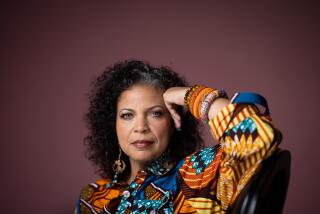Interethnic Conflict
I am getting a bit tired of reading so many Cassandra-type editorials and features as we enter the decade of the ’90. Joel Kotkin’s “New Interethnic Conflict Replaces an L.A. History of Biracial Politics” (Opinion, Jan. 7) is another example of this not only boring but harmful trend.
Those of us who have been working in the Los Angeles community during the past decade know that there is nothing “new” about the potential for interethnic conflicts in our city. Luckily, many of our responsible citizens disagree with Kotkin that these conflicts are “inevitable,” and they have been doing something about it.
Proactive efforts at different community levels include the Black-Korean Alliance, the United Neighborhood Council, the education Consortium of Central Los Angeles, the National Conference of Christians and Jews, the Latino-Black Roundtable, and the Minority Coalition for Responsible Growth. All of these are examples of pluralistic racial and ethnic organizations that have been working for the betterment of our city during the past years.
In the 1990s, perhaps we need to move beyond the identification of social problems and conflicts and focus on the formulation of solutions and intervention programs, such as offering workshops on intergroup relations to our educators, students, and members of our work force.
SAMUEL MARK
Assistant Vice President
USC


